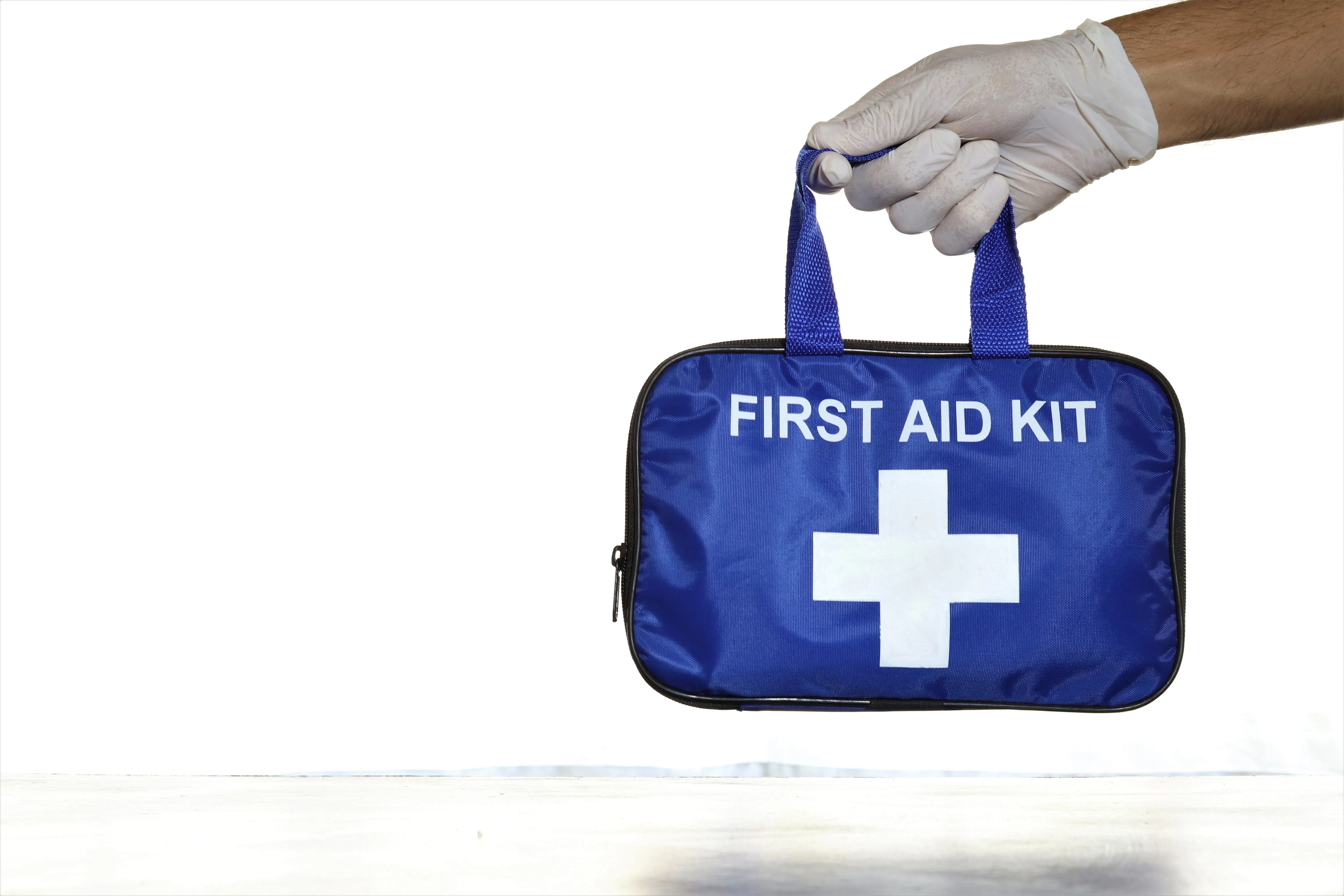The Rise of Mental Health First Aid
As I sat with my friend, Alex, one evening, I noticed a subtle change in their behavior. They seemed distant, quieter than usual, and their smile didn't reach their eyes. Concerned, I gently asked if everything was okay. What followed was a heartfelt conversation about their struggles with anxiety and depression. It was then that I realized the importance of being a mental health first aider.

In recent years, there has been a significant shift in how we approach mental health. The rise of Mental Health First Aid (MHFA) has been instrumental in changing the narrative surrounding mental wellness. In this article, we'll explore what MHFA is, why it's crucial, and how it's making a positive impact on individuals and communities.
Understanding Mental Health First Aid
What Is MHFA?
Mental Health First Aid is a training program designed to equip individuals with the knowledge and skills to provide initial support to someone experiencing a mental health crisis or struggling with their emotional well-being. Just as we learn physical first aid to help someone who is injured, MHFA teaches us how to assist someone who may be in emotional pain.
The Importance of MHFA
My experience with Alex made me realize that mental health struggles can affect anyone, even those closest to us. It's essential to recognize the signs and offer support when needed.
MHFA is vital for several reasons:
- Destigmatizing Mental Health: MHFA training helps break down the stigma associated with mental health issues. It encourages open conversations and empathy.
- Early Intervention: Just like in physical health, early intervention in mental health can make a significant difference in the outcome. MHFA equips individuals to recognize signs of distress and offer assistance promptly.
- Reducing Suicide Rates: Suicidal thoughts and behaviors are often linked to mental health challenges. MHFA helps individuals identify signs of suicide risk and intervene appropriately.
- Supportive Communities: Communities trained in MHFA become more supportive and compassionate. They foster an environment where individuals feel comfortable seeking help.
The Impact of MHFA
Alex's journey toward healing wasn't easy, but having a support system that included MHFA-trained friends made a significant difference. It was heartening to see how our conversations and actions helped them on their path to recovery.
MHFA is making a positive impact in various ways:
1. Empowering Individuals
MHFA empowers individuals to be proactive in supporting their own mental health and the well-being of others. It gives them the confidence to initiate conversations about mental health.
2. Saving Lives
One of the most critical outcomes of MHFA is its potential to save lives. Recognizing the signs of a mental health crisis and taking appropriate action can prevent tragedies.
3. Creating Inclusive Workplaces
Many workplaces now offer MHFA training to employees. This not only supports employees' mental health but also creates more inclusive and empathetic work environments.
The Journey Ahead
While the rise of MHFA is undoubtedly a positive development, there are challenges to overcome:
1. Accessibility
Access to MHFA training is not universal, and there's a need to make it more accessible to diverse communities, including marginalized populations.
2. Continuing Education
Mental health is a complex and evolving field. To stay effective, MHFA training programs must be updated regularly to reflect the latest research and best practices.
Conclusion
My experience with Alex and witnessing their journey to recovery highlighted the significance of Mental Health First Aid. It's not just a training program; it's a lifeline for individuals grappling with mental health challenges. It's a bridge that connects people in need with the support they deserve.
If you or someone you know is struggling with mental health issues, please seek help from a mental health professional or a helpline. You are not alone, and there is support available.

No comments:
Post a Comment